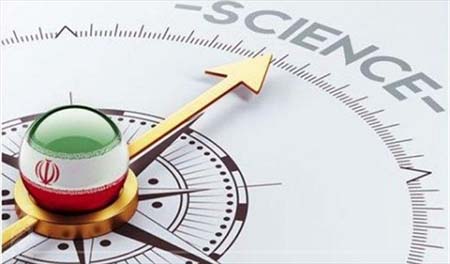
Faculty members play a significant role in making scientific progress and major advancements in universities.
According to an ANA report, based on the general policies on higher education announced by Ayatollah Khamenei, the Leader of the Islamic Revolution, in 2014, Iran Ministry of Science, Research and Technology and Islamic Azad University have been putting their efforts on fulfilling this outlook.
The roles and responsibilities of college and university faculty members are closely tied to the central functions of higher education. College and university faculty members undertake research, teaching, and service roles to carry out the academic work of their respective institutions.
Each of these roles enables faculty members to generate and disseminate knowledge to peers, students, and external audiences. The balance among teaching, research, and service, however, differs widely across institution types and by terms of the faculty member's appointment.
The general terms and conditions of admitting faculty members in Iranian universities, based on Iran ministry of Science, Research and Technology and Islamic Azad University, are following a common template.
There are also specific differences in both educational system, for instance, based on Iran Ministry of Science, Research and Technology, being accurate and fluent in one foreign language is essential for applicants of assistant professors. Also, the ministry prohibited admitting research or educational instructor as faculty members.
In this regard, Islamic Azad University announced that provincial native applicants have priorities in being the members of the faculty. This university also investigates applicants’ educational background, graduated from top 500 international universities, based on QS ranking, in order to apply them, according to the terms and conditions, as the faculty members.
Applying young faculty members in the higher education system can pave the way in advancing universities’ scientific activities and lead them toward knowledge-based development.

Add new comment